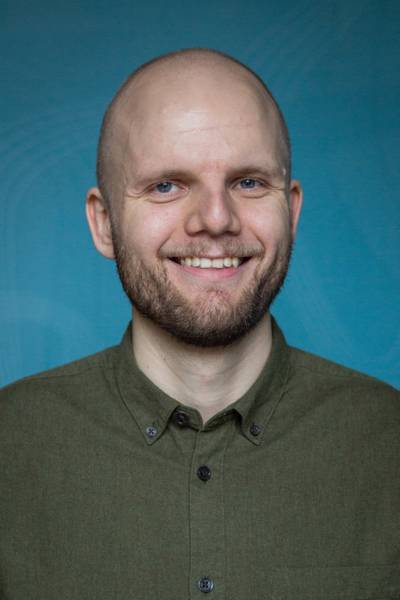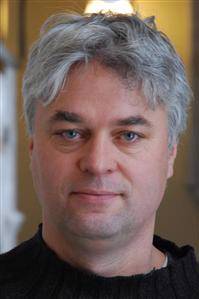Through participating in student elections since 2012, the Secular Club at the American University of Beirut (AUB) have challenged the long-standing hegemony of sectarian political parties in Lebanon. How has this come about? And what does this tell us about the opportunities of nonsectarian political representation in Lebanon? In this thesis, I seek to examine the Secular Club at AUB as a case study for Lebanon’s secular student movement. By drawing on qualitative interviews, participant observation and secondary literature, I employ a contemporary historical approach to investigate the club’s rise in the university elections. The investigation is twofold and centers around an exploration of the club’s secular platform and how this has been operationalized within the context of student elections. In short, I find that whereas the partisan clubs rely on the distribution of patronage to undergird their campaign process, the Secular Club have been able to capitalize on a resentment towards sectarian forms of political representation and their clientelist campaign tactics. The club’s secular platform has become an expression of this antisectarian, antiestablishment sentiment and thus constitutes a potent mobilizing frame. Unlike on the national scene, where established parties hamper organized forms of such sentiments, student politics have provided an arena to mobilize around a rejuvenated form of secular political opposition in Lebanon.
Anstorp, Henrik Buljo (2020) Students Taking to the Streets: Mobilizing for a Secular Lebanon. MA thesis, Department of Culture Studies and Oriental Languages, University of Oslo, Oslo.







